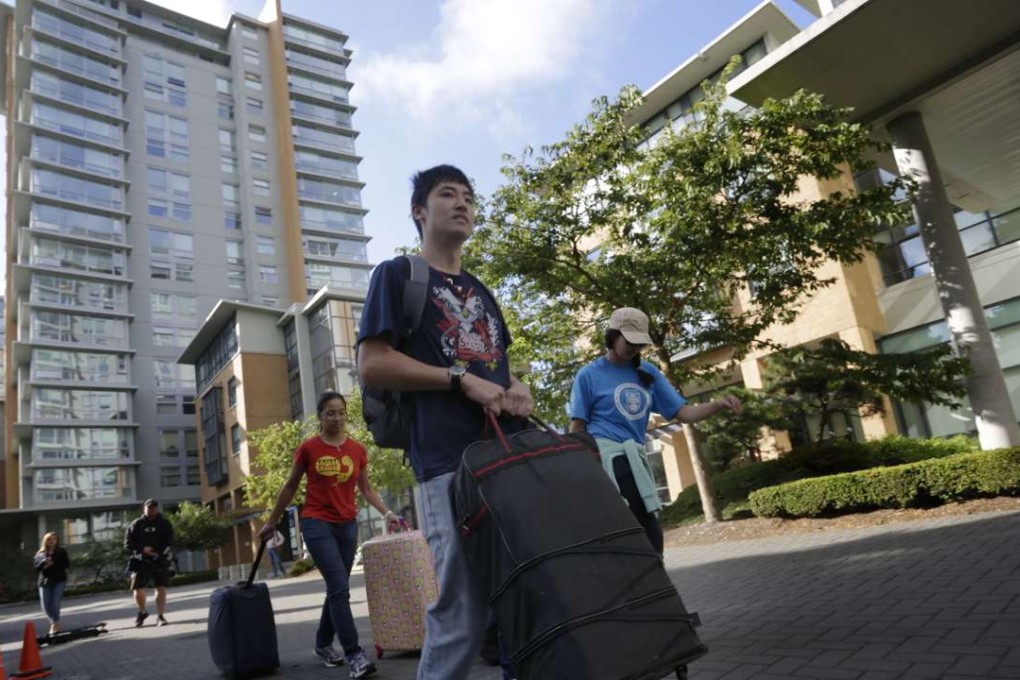My Take | Political correctness gone mad at campuses in North America
Universities in the US and Canada have become safe havens for mollycoddled youth, to the detriment of learning

My son is two years away from college, and I am worried what he will find once he arrives at a campus of higher learning. As a Canadian, his subsidised tuition will be quite affordable, at any rate comparable to what he might pay for a university education in Hong Kong. But is it such a good idea to study in North America these days?
When I entered university in the United States in the mid-1980s, a movement characterised as “political correctness” began to take hold on campuses.
Today, there is a second wave hitting American and Canadian universities, which is even more censorious and myopic than the last. The more elite they are, the worse it seems to get. Welcome to the world of micro-aggressions, trigger warnings and safe spaces.
The idea is that seemingly innocuous utterances and actions may have the power to cause pain and trauma. Students need trigger warnings from professors to alert them to course materials that may contain offensive ideas and language. They need safe spaces on campus where they may find shelter from a world of hurt. A group of Harvard law students, for example, recently asked their professors to stop teaching rape cases because their contents may cause distress to some people. Many universities in North America now have sensitivity courses and hand out lists of potentially offensive utterances and actions to be avoided. Don’t ever ask a person, especially someone from an ethnic minority, where she is from. It implies they don’t belong there.

